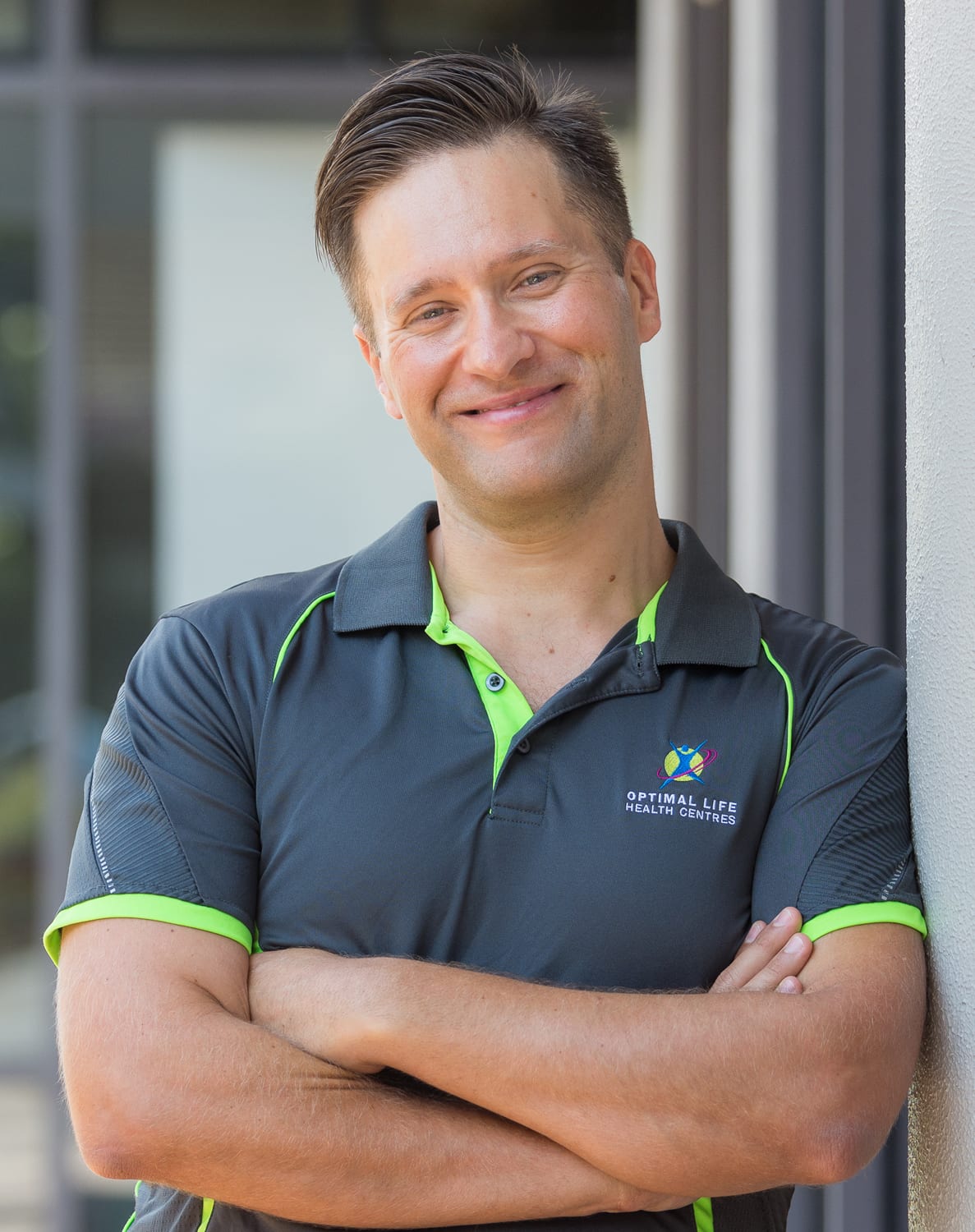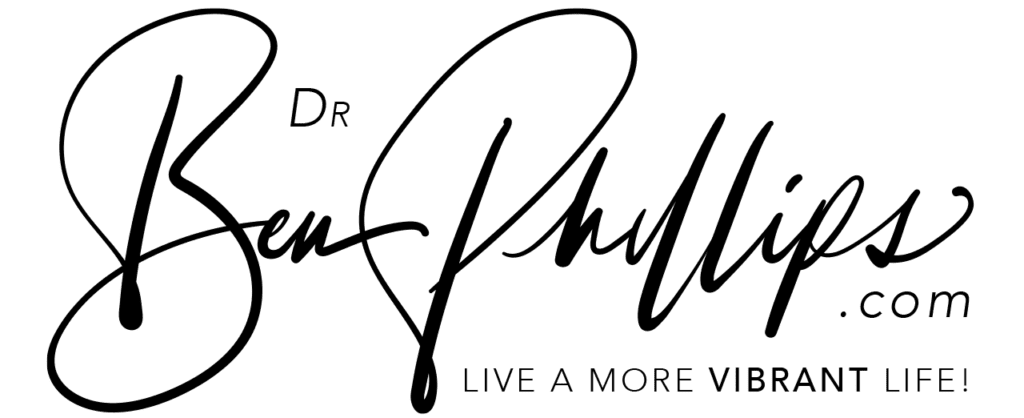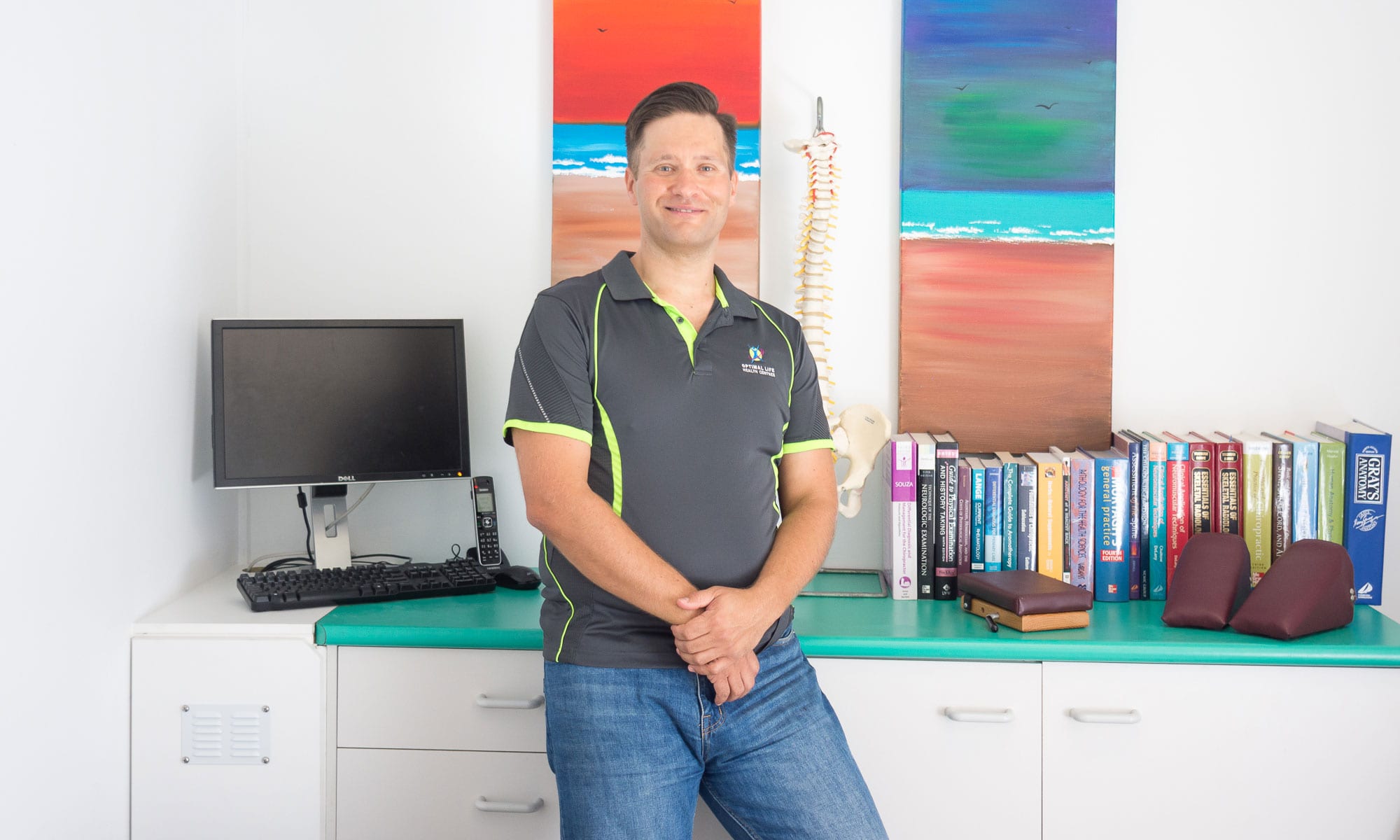What is a Paradigm?
Understanding what a paradigm is can be critical to understanding:
- What we DO,
- How we THINK,
- What we BELIEVE, and
- WHY!
The concept of a Paradigm to comprehend the framework of how we see the world is POWERFUL!
It can be quite mind-boggling if you if you let it – here I provide a summary of the idea so you understand how defining your paradigm can help you in all areas of life.
The word paradigm was given its current, modern meaning by an academic historian named Thomas Kuhn in his work: “The Structure of Scientific Revolutions“
A paradigm is a "map," a "lens," a "model of the world"
A distinct model of what you perceive to be reality. It is your ‘worldview’

Your paradigm is the ‘lens’ through which you look at the world.
It is usually quite an unconscious construct made up of your beliefs, conditioning, learning, experiences, how you were raised and more…
Most of us don’t pay them much attention, work on understanding or exploring them, or even have conscious awareness of them and how they control our perception and our actions!
Check out how all-encompassing they are...
Paradigms literally are the root-cause for each of us of how we think!
- How we look at life
- How we make sense of, and interact with the world around us.
Our paradigms will determine how we DEFINE things, concepts and ideas;
- and they will also define the meaning we associate with them.
Interestingly, a paradigm will determine the questions we ask of the world around us, what we choose to learn, and what priority learning takes in our lives.
- they frame the goals that we set and whether we expect to achieve them.
- they determine the research we do and what we choose to prioritise, as well as the types of answers we expect to emerge from said research.
Our paradigms will also determine the ideas we think have value, and what we choose to share with others – whether this be about health and healthcare or any other area or focus in our life.
As the process of science continues to advance, newer paradigms replace older ones when they begin to ‘fit’ our observations of the world better than their predecessor/s
Beginning to understand this idea is vital because the only way our individual health and community health will change, is is if we collectively begin to change (or at least EXPAND) our model or framework of health and healthcare.
A “philosophy” is in some ways an interchangeable term with a paradigm; philosophy integrates with paradigm – one can influence and interact with the other to create a holistic view about the world or about an individual topic. Learn about my health philosophy here.
Paradigms and philosophy combine to underpin the definitions or terminology we use to describe our world.
When it comes to my role as a health professional, terms like ‘HEALTH,’ ‘SICKNESS’ and ‘HEALTHCARE’ have different meanings in my paradigm compared to those in the general mainstream view of the world.
You can see how 'big' the framework of a paradigm can be!
The concept of a paradigm can be thought of in the ‘macro’ or large scale as we’ve described on this page, and yet, just like how philosophies can exist as nested hierarchies, paradigms can also be related to individual professions or really any distinct field of study or endeavour.
Please read more at the following link about my over-arching ‘Wellness & Prevention paradigm‘ as it relates to health and healthcare.
Follow this link if you’d like to learn more about the ‘microcosm’ concept of 3rd Paradigm Chiropractic (also an important part of what we do).








